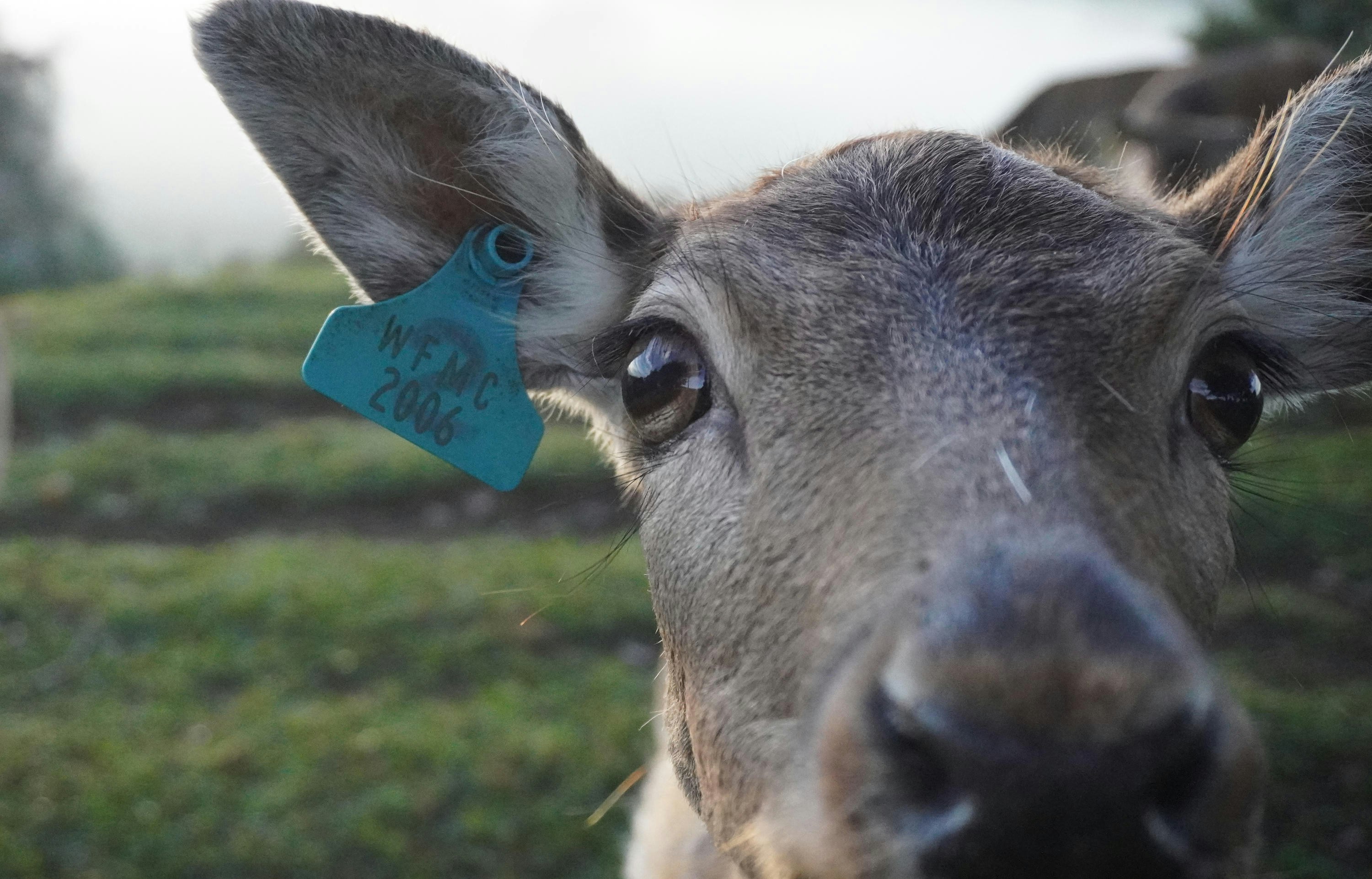Expert Reaction
These comments have been collated by the Science Media Centre to provide a variety of expert perspectives on this issue. Feel free to use these quotes in your stories. Views expressed are the personal opinions of the experts named. They do not represent the views of the SMC or any other organisation unless specifically stated.
Jamie Ward, scientist, AgResearch
Deer farming produces similar greenhouse gas outputs as sheep and beef. Small reductions in absolute greenhouse gas emissions can be achieved when measured per hectare, per kilogram of product and even per dollar of revenue, though these vary with region.
Dr David Stevens, Senior Scientist, AgResearch
The modelling that we’ve done tells us there are opportunities to reduce greenhouse gas emissions from New Zealand’s livestock farming systems, in this case deer farming systems, but it is relatively difficult to achieve those changes and there are trade-offs.
Fundamentally, livestock methane emissions are tied to how much the animal eats and that is a real challenge to overcome. The effect on emissions, and on farm productivity, will vary significantly across different scenarios or approaches, including feed type and regional climatic differences.



 New Zealand
New Zealand


